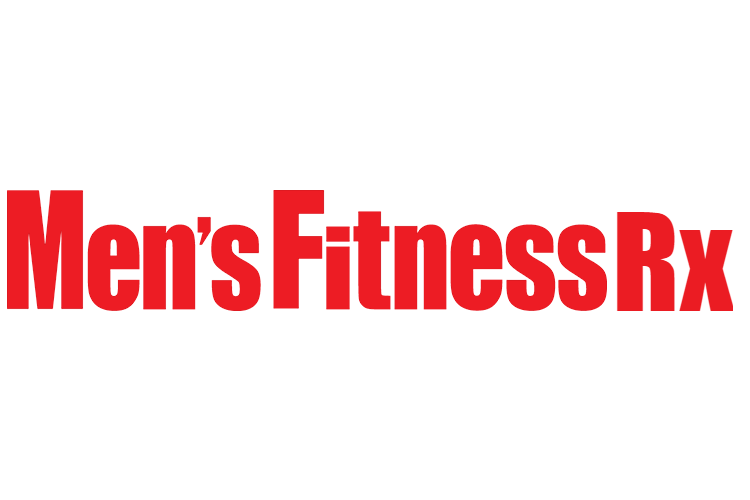How long should I let my muscles rest?
This is one of the questions that many beginner bodybuilding starting training with weights ask. In this regard here are some recommendations for the time needed for muscle recovery.
In a way, the time to rest if doing a set of exercises, would be depending on the load that your lifting. That is to say that if we are sufficiently recovered.
Even so, you can apply other techniques that “profit” this state “not-recovered” to establish the condition would be to find the optimum time of rest, without it being too soon nor very long time to return to do another set.
 Factors that imply the rest time:
Factors that imply the rest time:
Intensity of the exercise: that we are using as load of complainant is the exercise:
The amount of musculature that involves.
Primary Objective: identified between increase strength, lose fat/build muscle
Based on these points the recommendations of rest are going to vary, even from 0 to 5 minutes… how it influences the intensity in the time of rest?
The lower the number of repetitions performed in a series, the higher the current, as the load will be greater. If the number of repetitions was high, leads to that the weight is light and allows us greater duration of exercise, so the intensity would be low.
If you lifted the bar 3 times means that the weight is considerably high, but on the other hand if you’re able to do 25 repetitions possibly the weight is not the most appropriate for your size…Involvement of the intensity and the rest time based on:
a high range of repetitions = low intensity = less rest time between sets
a low range of repetitions = high intensity = more rest time between sets
How influences the demand of the exercise with the rest time?
The relationship between a compound exercise, which is to see recruited large numbers of motor fibers would have an impact on a high percentage of our capacity for muscle recovery, and this must wait for more time.
The example is very clear, if you commit yourself more amount of muscle, your body in a comprehensive manner is going to notice the effect of the work with the loads
Therefore: The greater complainant is the exercise = more time to relax
the lower complainant is the exercise = less rest time
Exercises that include large muscles, such as leg, chest and back are going to belong to the first group, and for its part, the muscles “small” as biceps, triceps or shoulders are going to need very little time to return to the load.

